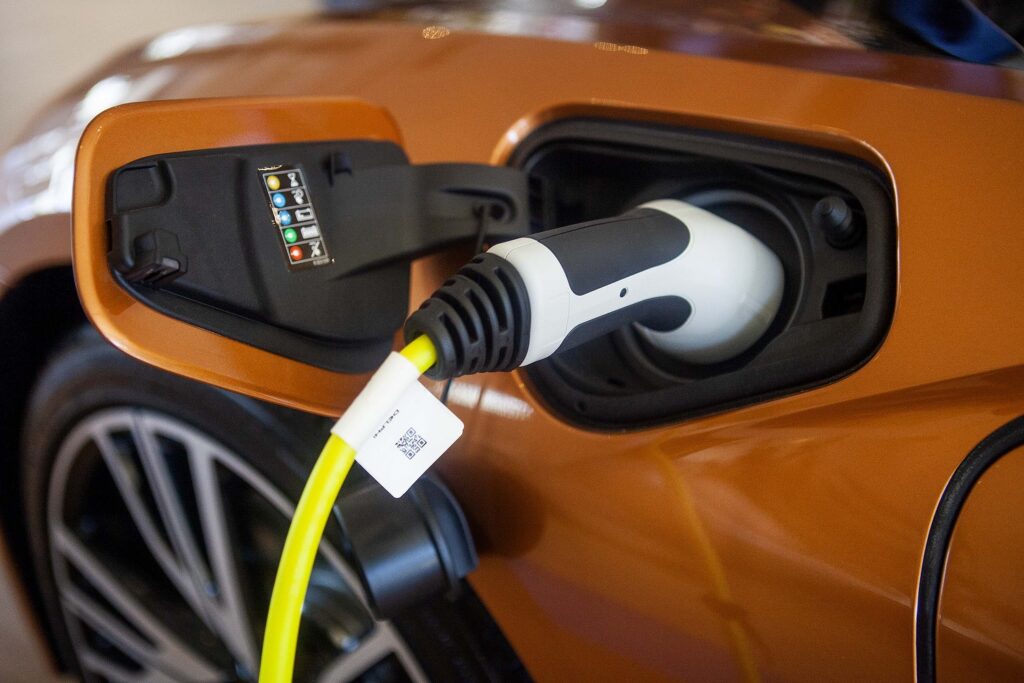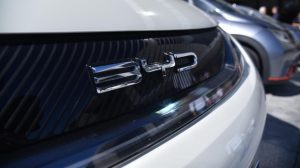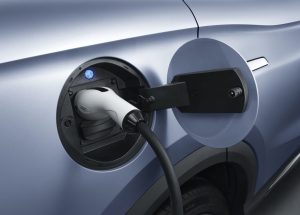As months go by, nothing seems to stop the growth in the sale of low and zero emission vehicles in Chile, which has experienced a significant increase in the month of May this year, according to figures presented by the National Automotive Association of Chile (ANAC).
According to ANAC’s report, May 2022 was “the best month in history in sales of light and medium-sized zero and low emission vehicles, with 759 units sold compared to the same month of the previous year”. A figure that represents an increase of 344% year over year.
In relation to the brands that dominated hybrid vehicle sales is Toyota, with 256 units sold in the month of May, a percentage increase of 250.7% year over year, which adds up to a cumulative 785 units in the first five months of the year, representing an increase of 174.5% compared to the same months of 2021.
Toyota is followed by the Lexus brand, which sold 18 units in May, eight more than in 2021, and with a cumulative 51 hybrid vehicles so far in 2022, 18.6% more than in 2021. Next is Subaru, with 10 units sold in the month, and 37 in the five months of 2022.
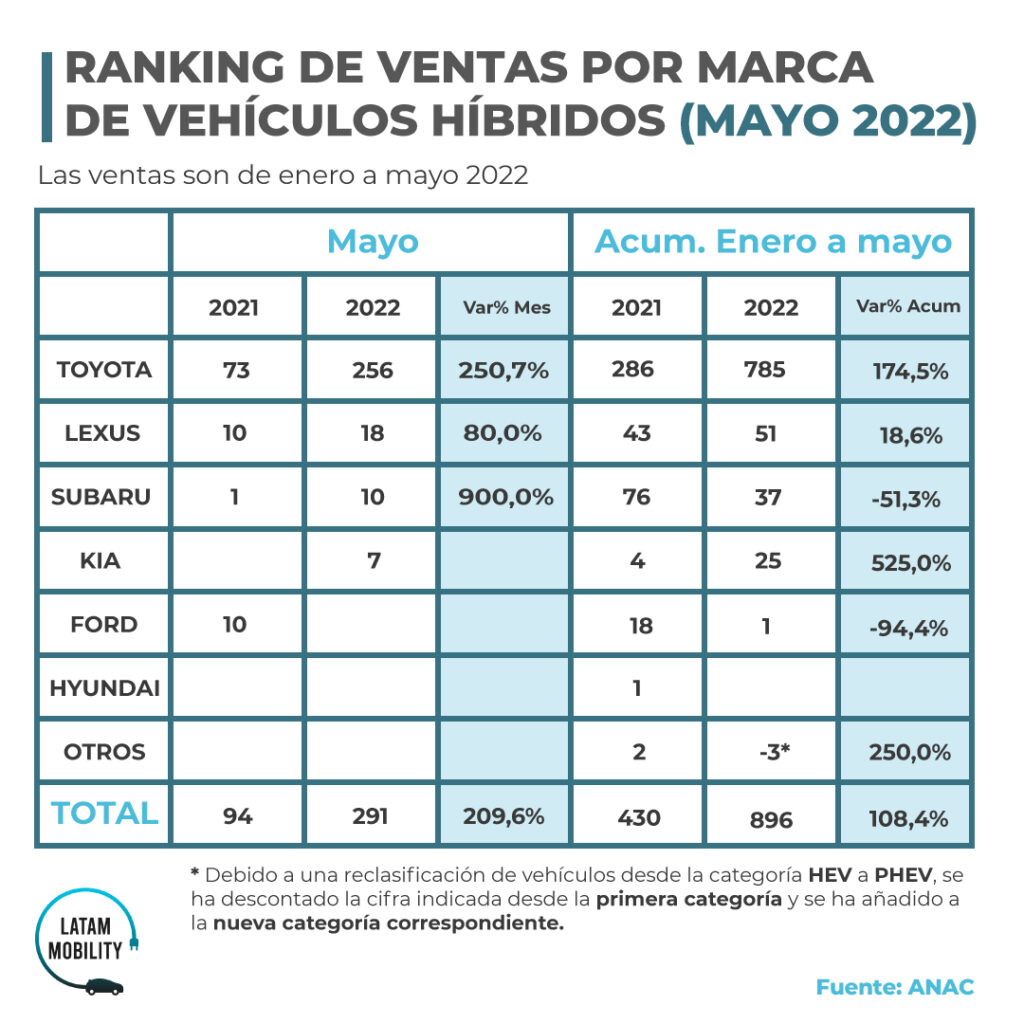
Electric Vehicles on the Rise
In terms of electric vehicles, the DS brand (which belonged until 2015 to the French manufacturer Citroën) led sales in May with 79 units, and 84 so far this year.
For its part, the Chinese company Maxus took second place in sales with 29 units last month, and 82 so far in 2022, showing a percentage increase of 39% with the five months of 2021.
In third place for electric vehicle sales is Japan’s Nissan, with 18 units sold in May, and 43 in 2022, representing an increase of 377.8% compared to the same number of months in 2021.
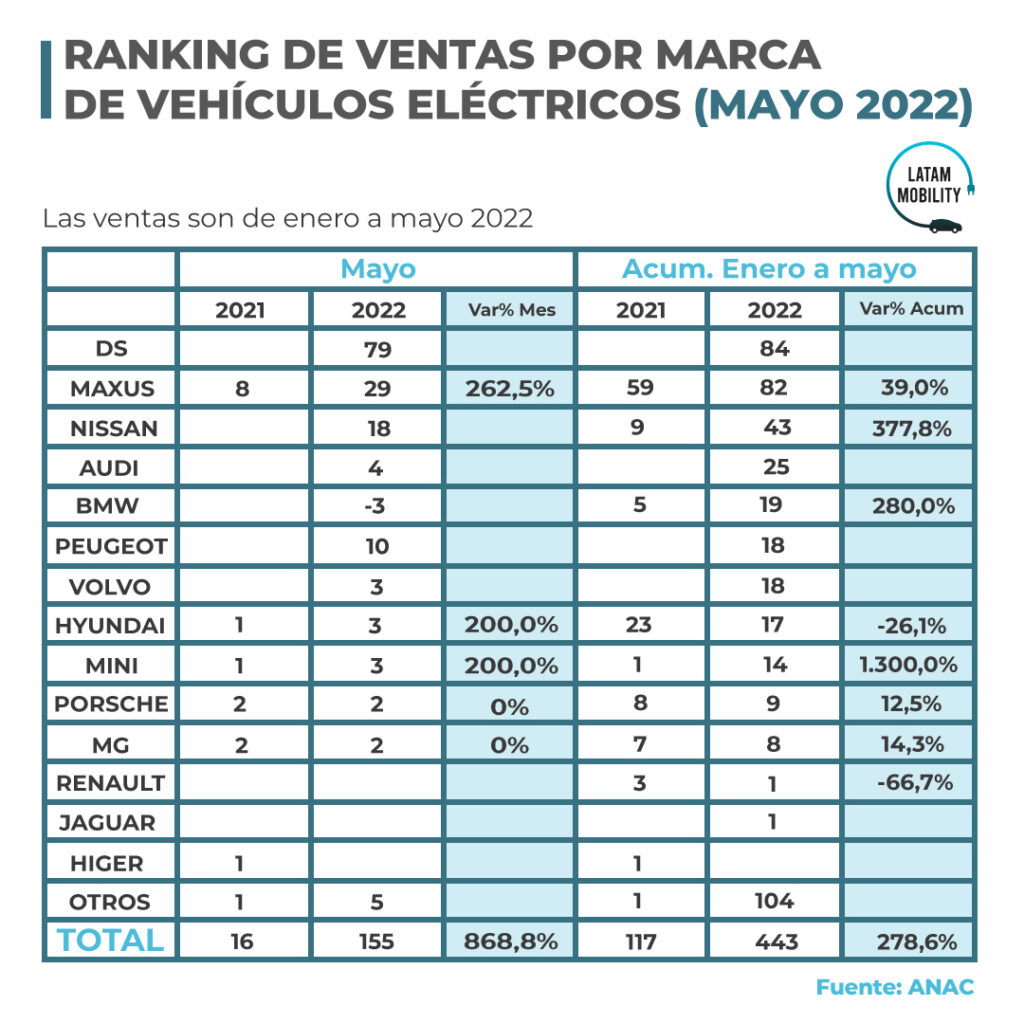
In relation to the evolution of annual sales of electric vehicles in Chile until 2021, it was 556 units, which represents a growth of around 128% compared to the sales volume of this type of cars recorded in 2020.
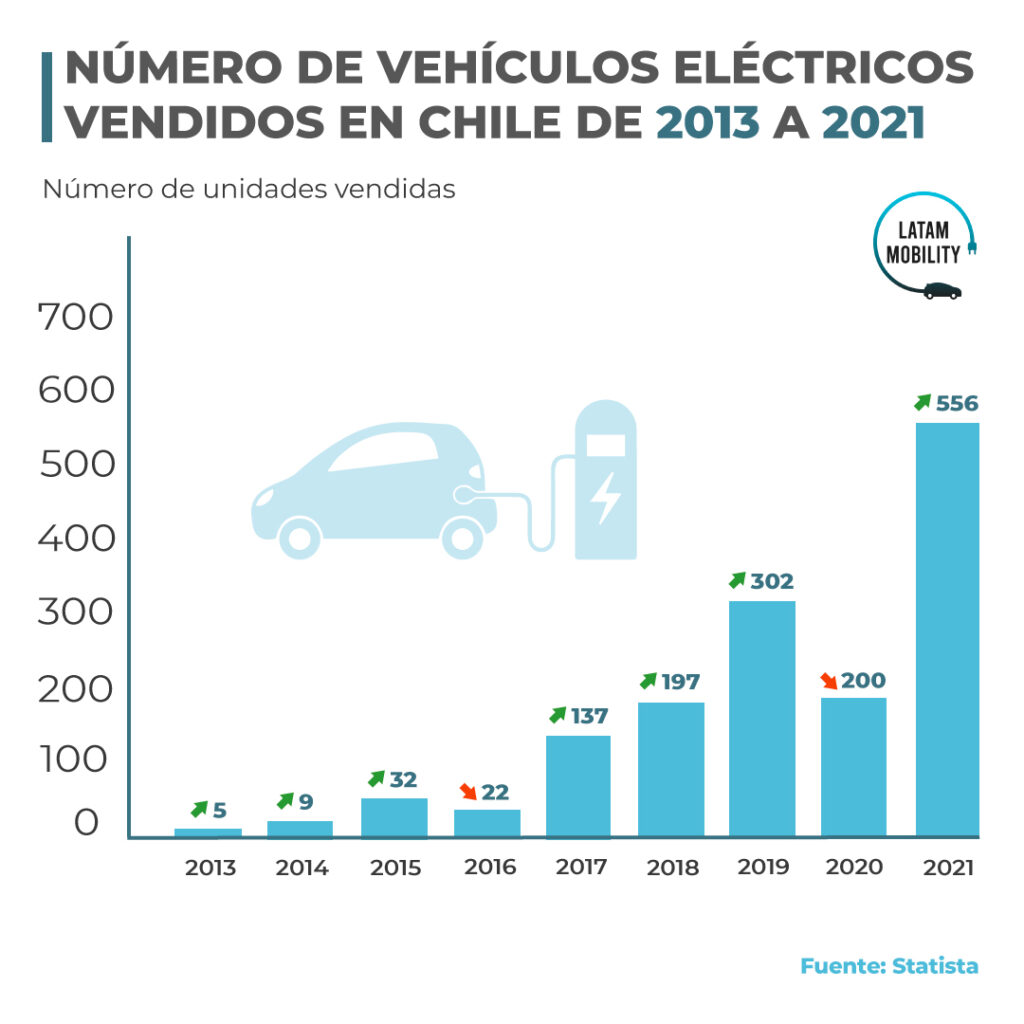
According to ANAC, these results are based, to a large extent, on the growing increase in the supply of zero and low-emission vehicles, as a result of the effort of the brands to bring this type of cars to Chile to contribute to the promotion of sustainable mobility.
However, the organization states in its report that “with everything, and given the progress that electromobility has experienced, it is necessary to invest in greater charging infrastructure and generate incentives for end users, bringing these technologies closer to the regular motorist, thus allowing the massification of the fleet with electrified vehicles”.
You may also be interested in: Geotab and Renault will provide interconnected technology to fleet managers
Written by Antonio Vilela

